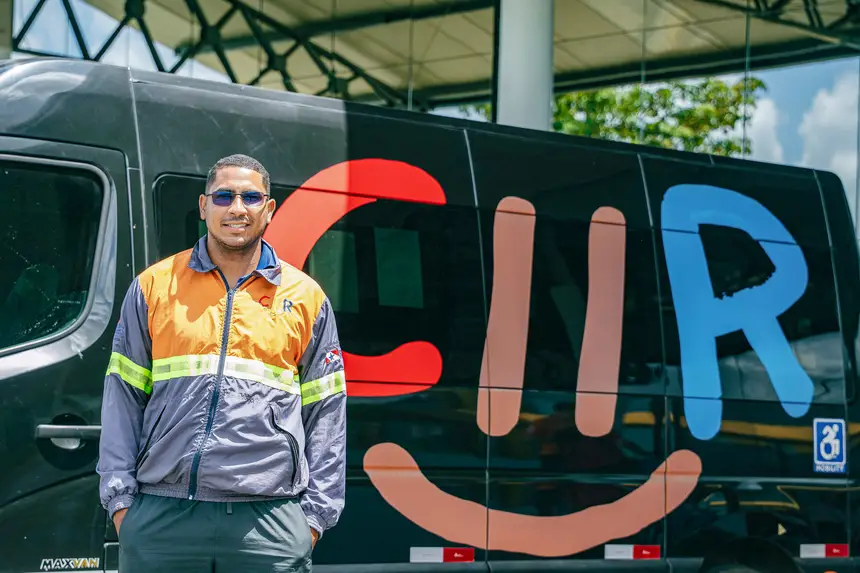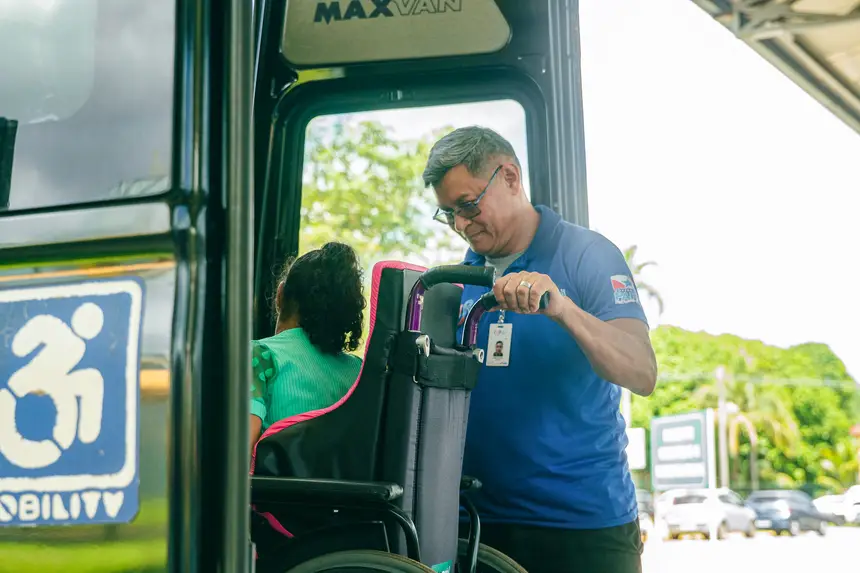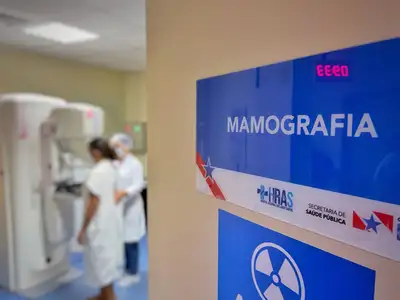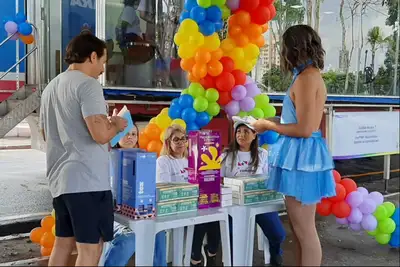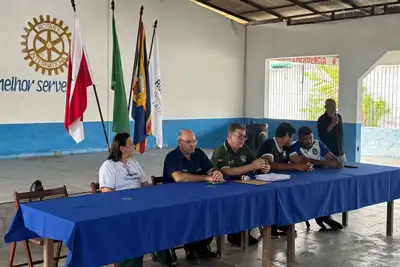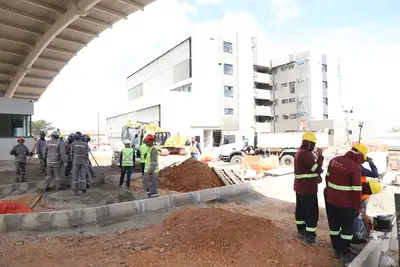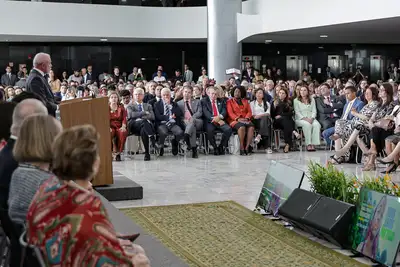CIIR highlights the importance of social transportation in the care and rehabilitation process of users
More than just transportation, CIIR's service ensures welcome, safety, and care, with routes planned according to the needs of each user
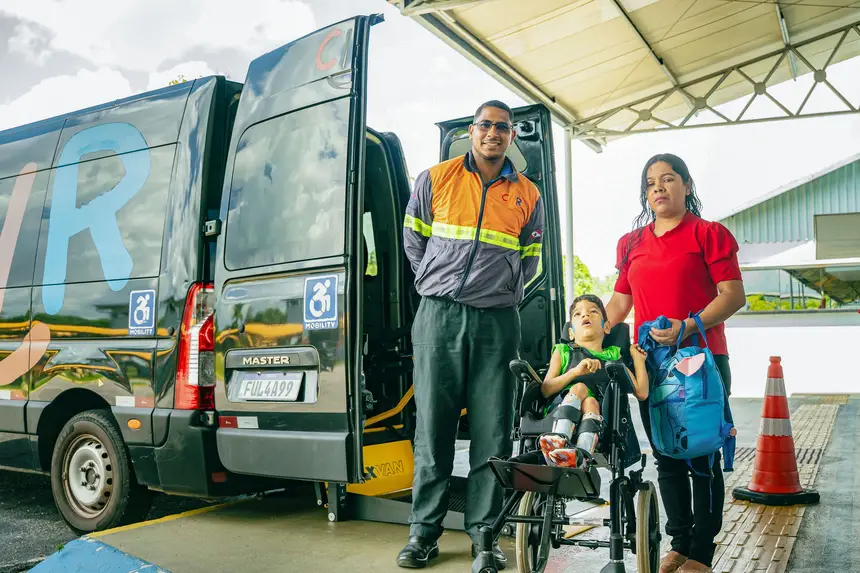
On this July 25, Driver's Day, the Integrated Center for Inclusion and Rehabilitation (CIIR) reinforces the importance of social transportation as a fundamental part of person-centered care. Welcome, empathy, and safety are principles that guide this service, aimed especially at users with physical disabilities or reduced mobility who are part of the rehabilitation routine at the unit in Belém.
One of the professionals who experiences this mission daily is driver Marcus Machado, who has been working at CIIR for three years. Together with two other colleagues, he is responsible for the daily transportation of users from different neighborhoods in the capital, always following organized routes to ensure punctuality and comfort.
“Sometimes we only realize the importance of our work when it is demonstrated. I have left in the rain and family members ran with umbrellas to protect me. They said, ‘if you get sick, who will pick us up?’. This marked me deeply,” says Marcus.
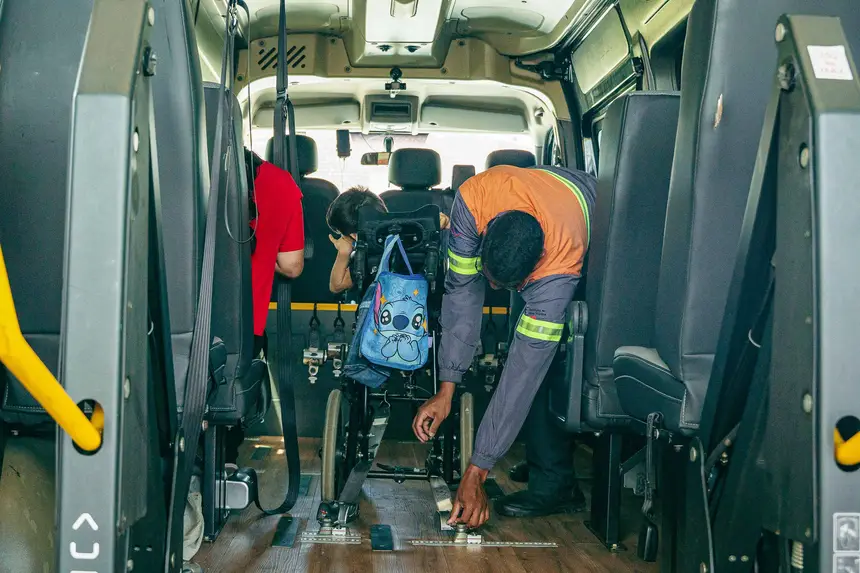
More than safe driving, he highlights the bond created with users and their families as the greatest motivation in daily life. For Marcus, care goes beyond driving: it involves affection, love, and hope.
“What inspires me is seeing the daily struggle of each one. Each trip represents a chance to keep alive the dreams and progress of those facing challenges. Knowing they will have another day of hope motivates me. Here at CIIR, no one gives up. We are together in this construction.”
Accessibility that transforms
This care is recognized by those who directly depend on the service. Housewife Wanessa Silva, 37, is the mother and caregiver of Wendel Silva, 6 years old, diagnosed with cerebral palsy and developmental delay. Residents of Icoaraci, mother and son travel weekly on a schedule of appointments at CIIR, with sessions of occupational therapy, speech therapy, physiotherapy, and hydrotherapy.
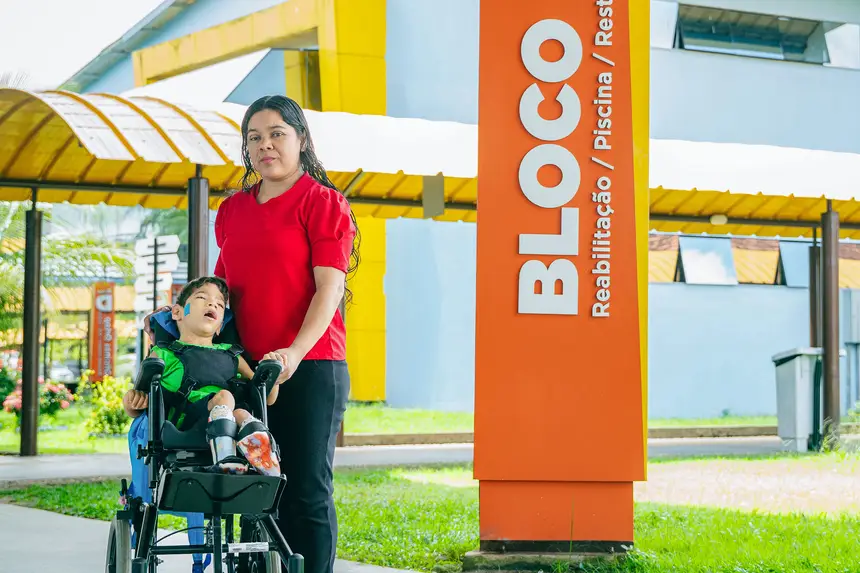
“CIIR's social transportation makes our life much easier. It would not be possible to do all these follow-ups without this support. The driver is always very attentive, careful, and treats us with respect. This makes all the difference,” says Wanessa.
Care that goes beyond logistics
For the supervisor of the Transportation sector at CIIR, Ivana Pimentel, social transportation is more than a logistical service. It is a direct link between the user and the continuity of treatment.
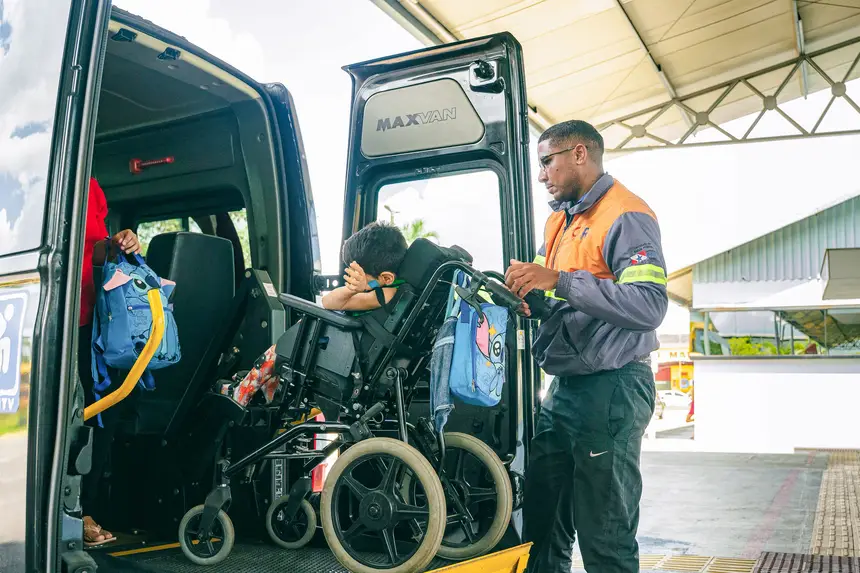
Access – Social transportation is primarily intended for users with physical disabilities and/or who use wheelchairs. According to the supervisor, access to the service occurs only upon request from the family or legal guardian to the Social Service of CER IV, expressing interest and need for the service. “From this, we evaluate the possibility of inclusion according to the availability of spots and existing routes.”
Each vehicle accommodates up to four wheelchair users with their respective companions and is equipped with adaptations and a wheelchair securing system, ensuring safety during the journey. Drivers also receive ongoing guidance on empathy, cordiality, and respect.
According to Ivana, the work developed during transportation provides a true experience of inclusion, as the service is fundamental within the rehabilitation process. “I congratulate all the drivers for their commitment, empathy, and dedication with which they carry out this essential work. They are an important part of our mission at CIIR and make a difference in the life of each user we serve,” she concludes.
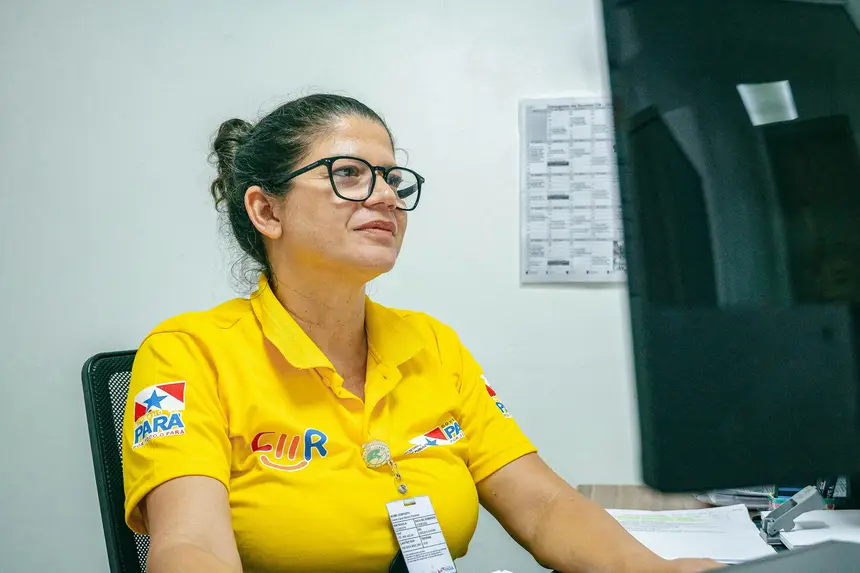
CIIR is a reference in Pará for medium and high complexity assistance to People with Disabilities (PwD) visual, physical, auditory, and intellectual. Users can access the services of the Center through referrals from health units, welcomed by the Regulation Center of each municipality, which in turn forwards to State Regulation. The request will be analyzed according to the user's profile by the State Regulation System (SER).
Service: The Integrated Center for Inclusion and Rehabilitation is an agency of the Government of Pará managed by the National Institute for Social and Human Development (INDSH), in partnership with the State Department of Public Health (Sespa). The unit operates at Rodovia Arthur Bernardes, No. 1,000, in Belém. More information: (91) 4042-2157 /58 /59.
Text by Tarcísio Barbosa (Ascom CIIR)


